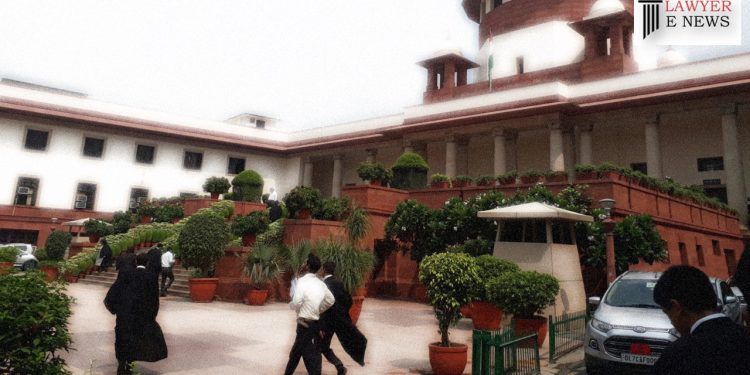Supreme Court Rules Suit Land Not Established as Wakf Property; Dismisses Appeals

Date: May 18, 2023
In a recent judgment, the Supreme Court of India ruled that the suit land in question, which was the subject of a dispute between the Salem Muslim Burial Ground Protection Committee and the State of Tamil Nadu, was not established as a Wakf property. The court dismissed the appeals challenging the High Court’s decision and affirmed that the land did not meet the requirements for being considered a Wakf property under Muslim law.
The controversy revolved around Zamin Survey Nos. 5105 and 5108 in Salem Zameen Estate, known as the “suit land.” The claimants, who alleged to have acquired rights over the land through their predecessors-in-interest, asserted their claims based on various grounds. However, the appellant Committee argued that the suit land was a burial ground and could not be settled with any private individual.
The court examined the evidence presented and observed that there was no explicit dedication of the suit land for any pious, religious, or charitable purpose, which is necessary for the creation of a Wakf property under Muslim law. It further noted that there was insufficient evidence to establish that the suit land was used as a burial ground prior to 1900 or 1867, the alleged period of burial activity. The court determined that the suit land could not be considered a Wakf property by express dedication or inferred dedication from usage.
Additionally, the court addressed the issue of the notification dated April 29, 1959, declaring the suit land as a Wakf property. It emphasized that such a declaration must follow the prescribed procedure under the Wakf Act, 1954, which includes conducting surveys, settling disputes, and submitting reports to the State Government and the Wakf Board. As there was no evidence to show that the required procedure was followed before issuing the notification, the court held that the notification was not conclusive proof of the suit land being a Wakf property.
The appellant Committee raised an argument regarding the jurisdiction of the High Court to issue a direction to consider the claims under Section 19A of the Tamil Nadu Estate (Abolition & Conversion into Ryotwari) Act, 1948. However, the court found the argument lacking merit due to the appellant Committee’s participation in the subsequent proceedings without objection or protest. It emphasized the principle of acquiescence and estoppel, stating that once a party accepts and participates in proceedings, it is estopped from disputing the jurisdiction or validity of the direction at a later stage.
Supreme Court dismissed the appeals for lack of merit and upheld the High Court’s decision. The suit land was not recognized as a Wakf property, and no costs were awarded in the case.
D.D- 18.May.2023
SALEM MUSLIM BURIAL GROUND PROTECTION COMMITTEE vs STATE OF TAMIL NADU AND ORS.






